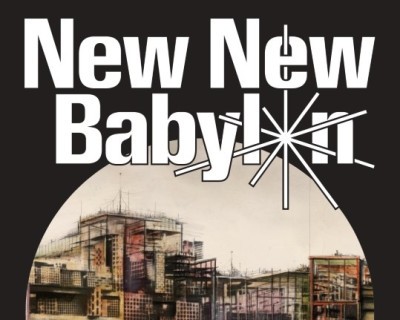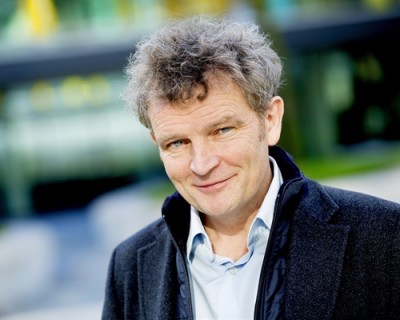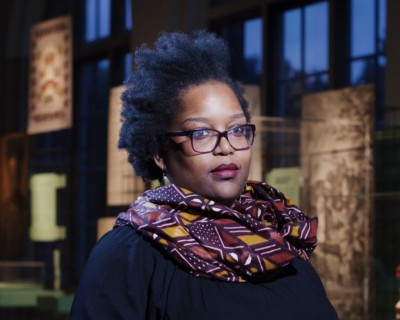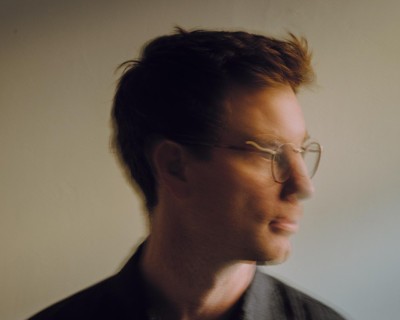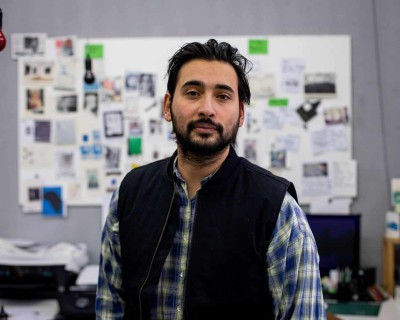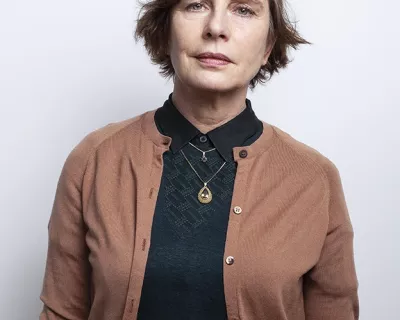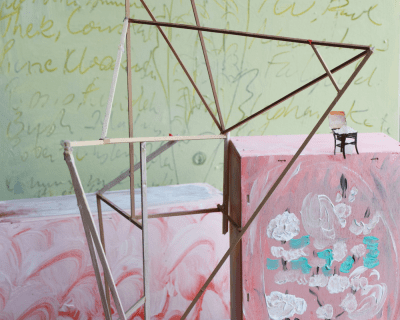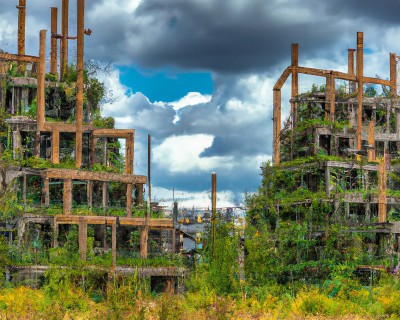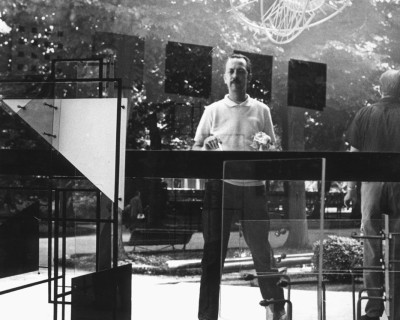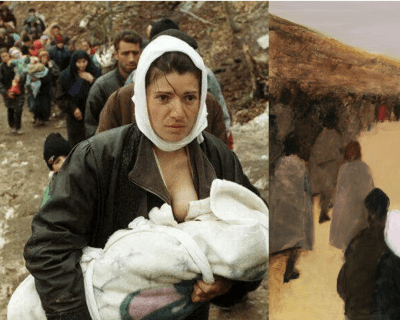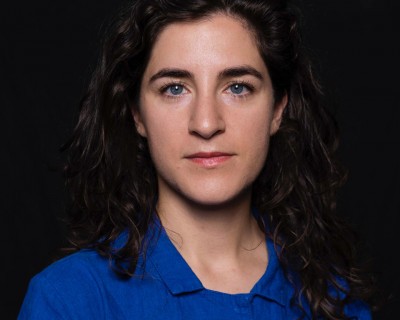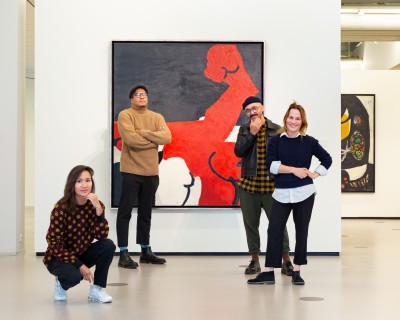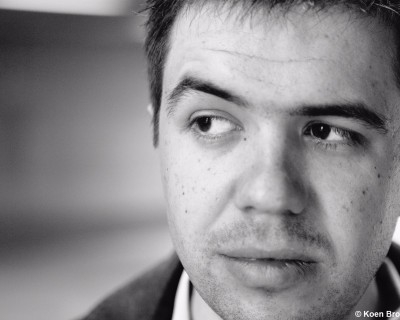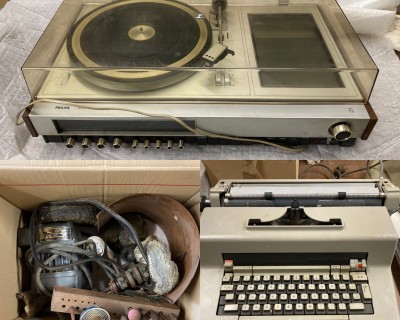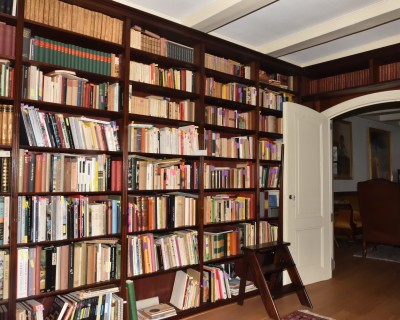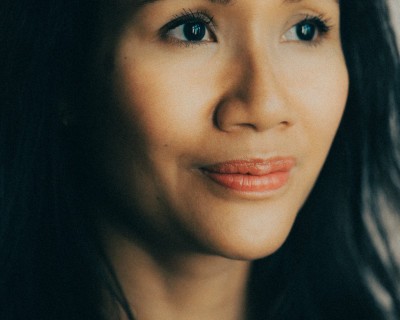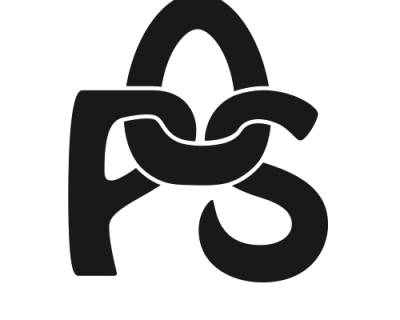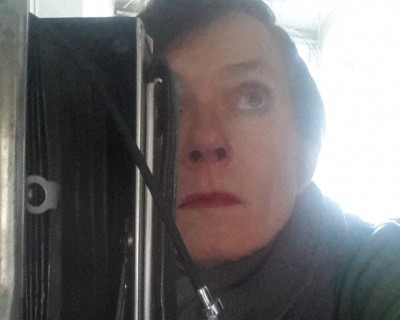Playing Constant
Partner
Theme
Image
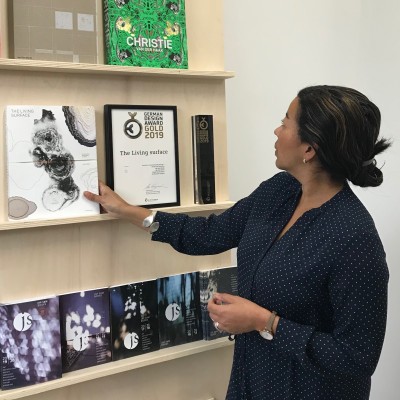
Image
Description
Image
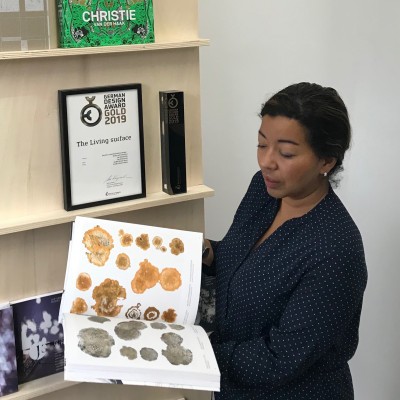
Description
Image
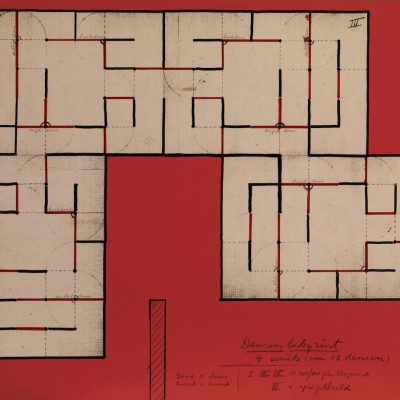
Description
Image

Image
Description
The Only Constant is Change is an autonomous book publication by Jap Sam Books, that explores the significance of Constant in current art discourse. The aim is to pass Constant’s ideas on to a future generation; with new perspectives, new work, new stories, new audiences and perhaps new hope. The book is due in spring of 2025 and will be presented during the exhibition New New Babylon at Kunstmuseum Den Haag.
Involved partners
Image
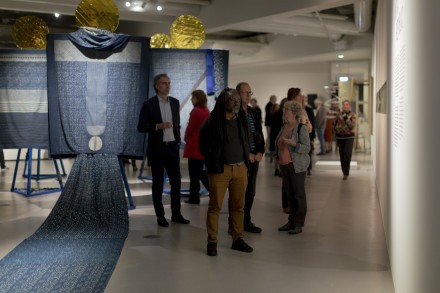
Image
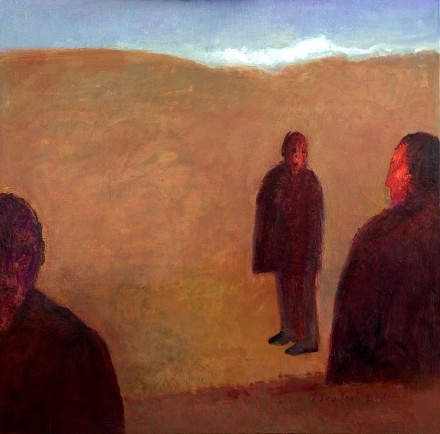
Description
Image
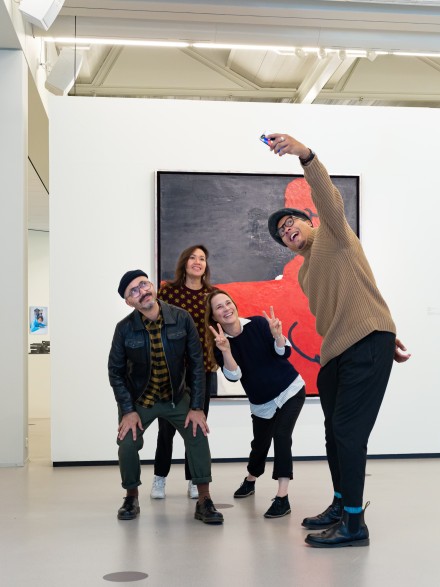
Description
Image
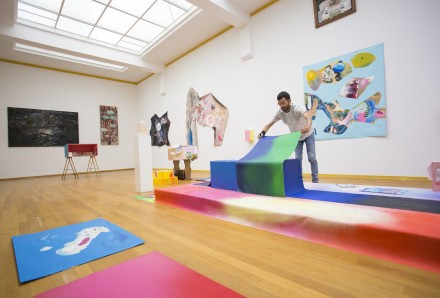
Description
Playing Constant is structured by the themes of Constant 101: New World, Playing Man, Collective and Conflict, Romanticism and Dialectics. The publication is compiled and edited by Zippora Elders, Eleonoor Jap Sam, Kim van der Horst and graphic design agency Our Polite Society, consists of contributions from renowned authors, including five artist contributions.
Fondation Constant makes the Constant archive accessible to authors and artists so that it can be activated. The publication consciously explores the boundaries of the meaning of art, and will partly relate to the built and lived environment, to design and of course to social issues.
Image
Description
Image
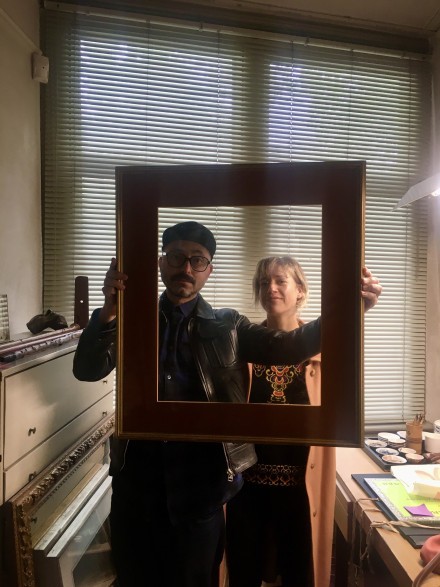
Image
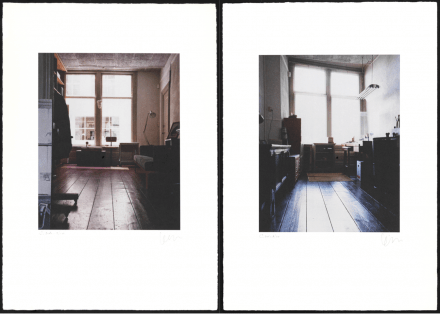
Description
Jap Sam Books and Constant
New Babylon, that is how Constant called his visionary design for a city of the future in the late 1950’s. When Eleonoor Jap Sam visited the exhibition Constant – New Babylon at FKAWDW (now Kunstinstuut Melly), somewhere between November 1997 and January 1998, the project made an indelible impression on her. Constant elaborated his proposal for a more humane living environment and future architecture in countless models, drawings, writings, manifestos and maps. To see them all together in one exhibition was truly overwhelming and inspiring. With New Babylon Constant was far ahead of his time. With his visions he inspired future generations of architects, artists, designers, thinkers and philosophers, such as Rem Koolhaas, Aldo van Eyck, Archigram and Virilio. And to this day, this project is a stimulating reference point for ongoing discussions about the use of space, public space, social life, and how we live and want to live in our world.
